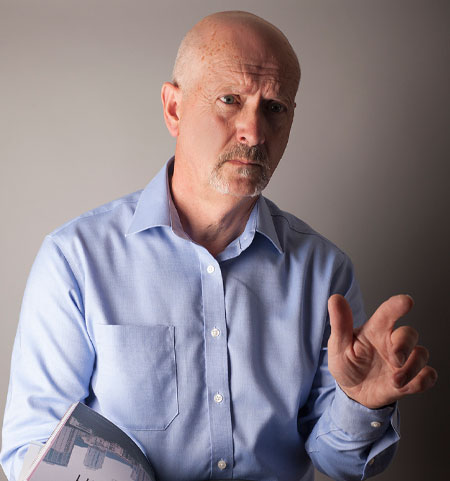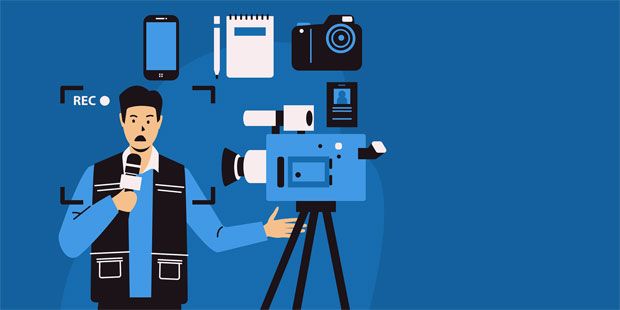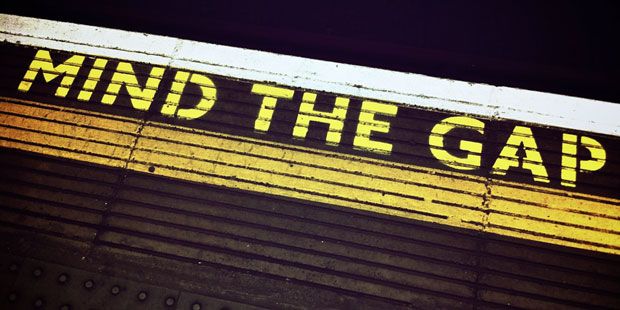.jpg)
Something worth waiting for
I’m frequently reminded by advertisements for faster broadband of the importance of speed. Without digressing too much, is it really so important to be able to download a document or jpeg in 15, rather than 45-seconds? Frankly I doubt it. Unfortunately, most journalists are in a tearing hurry. That’s perfectly understandable given the amount of material the average reporter has to generate in their working day, be it for a hard copy publication, social media, podcast, webcast, or video. With all that stuff to deliver it’s no wonder they have a need for speed.
As I have said many times before, when it comes to a media encounter, it’s vital to know how long you’ve got to get your message or argument over. So, long before a journalist opens his or her notebook, or turns on their recorder, you should be asking: ‘How much time have we got?’ From their answer you’ll know whether you’re able to develop a comprehensive explanatory narrative, or simply deliver the bottom-line news.
If something is worth saying it’s probably worth saying it in full, so the journalist gets the complete picture. That means having the confidence (and nerve) to say: ‘You’re not going to fully understand what this is all about in such a short period of time.’ They may well baulk at this suggestion, but if you’re an acknowledged expert in a particular subject or happen to have some specific knowledge they need, you’ll be in a strong position to negotiate for more time. Either way, be prepared to plant the seed of doubt in their mind that their timescale is too short and that they risk missing something that’s important to their story. If you don’t ask for more time, it’s unlikely you’ll get it.
Of course, if they do grant you an extension don’t waste it. It’s a good idea, especially for those chance media encounters to always have two stories to tell. First, the classic short version which cuts straight to the chase for the journalist who really hasn’t got time to spare. And the second, where your bottom-line news is backed-up by a detailed narrative that fully confirms your case.
But what if you can’t persuade the reporter to stick around for the second version? If you know you’re going to meet with a journalist but only have limited time you should put together the key elements of your extended story – e.g. the timeline, supporting facts, external reference information, research material and so on―into a separate briefing document, either in hard copy or on a memory stick that the journalist can read and absorb when they’ve got the time. As a former journalist I’d say hard copy is best as it’s instantly accessible; you don’t need a screen to read it.
With all media encounters, whether it’s the planned formal interview, or the accidental ‘Glad I’ve bumped into you because I just want to ask…’ it’s important to make the journalist understand that the best messages and stories are worth making the time to hear. Are yours?




